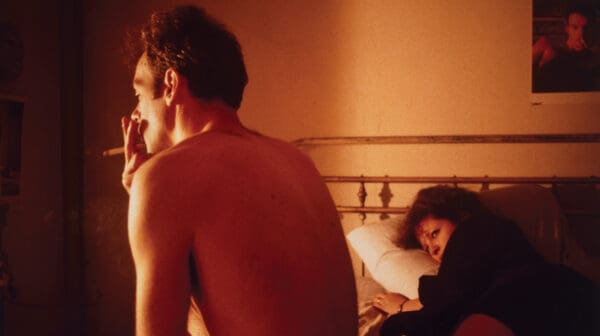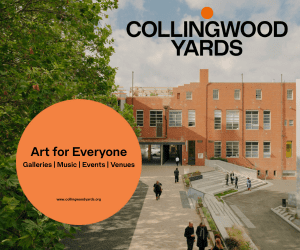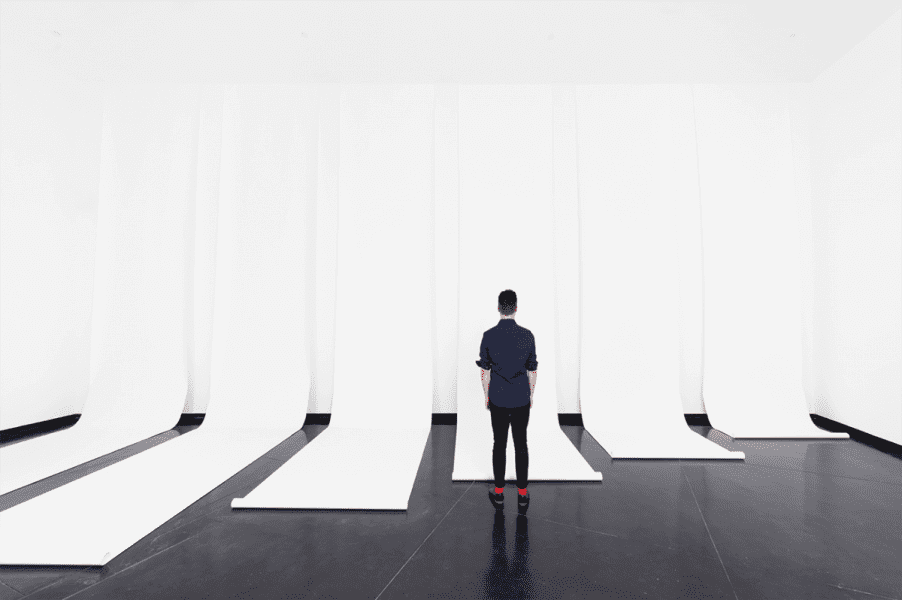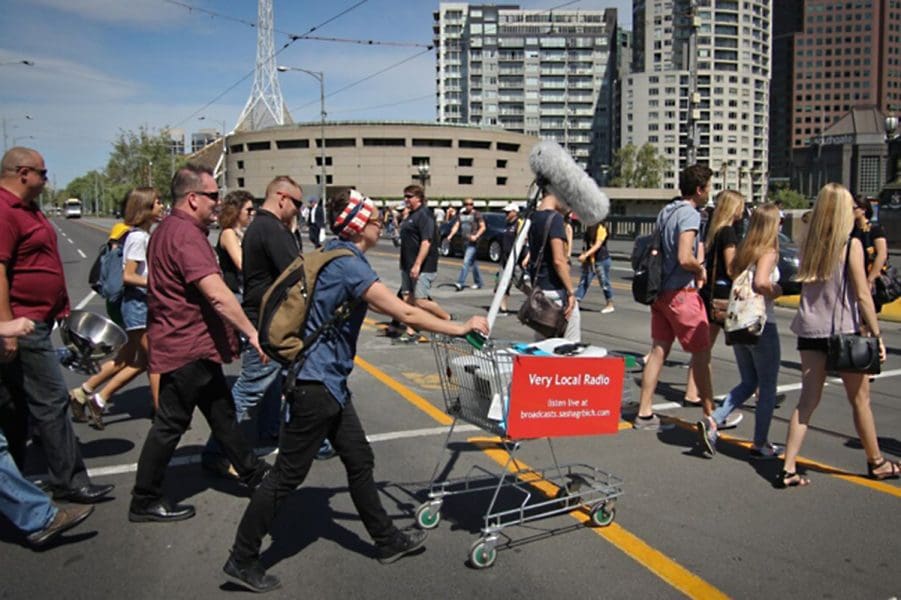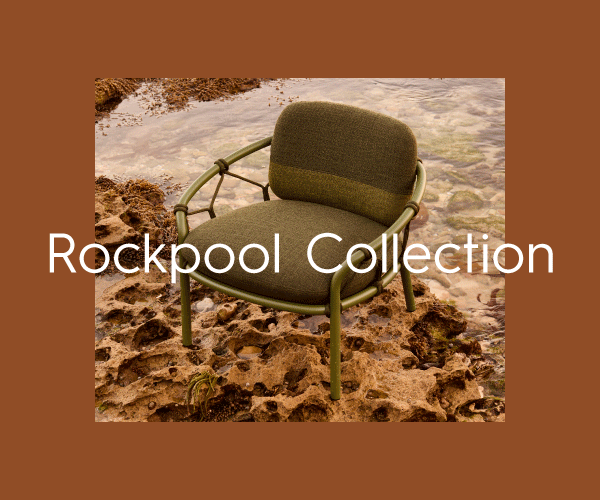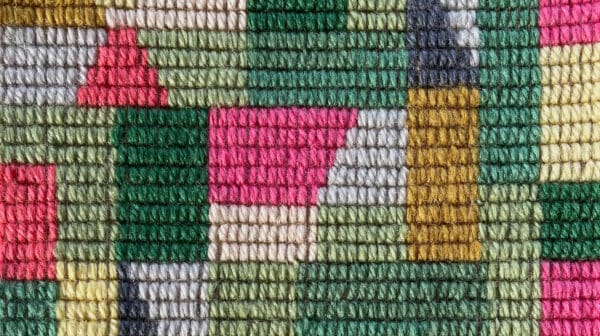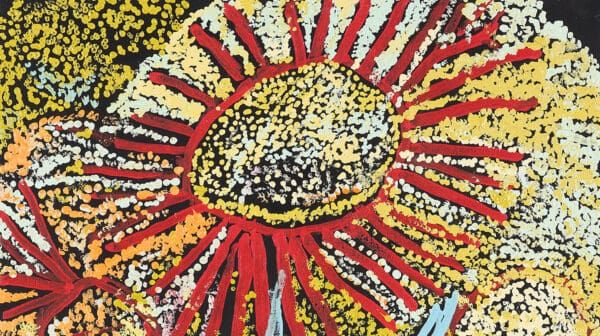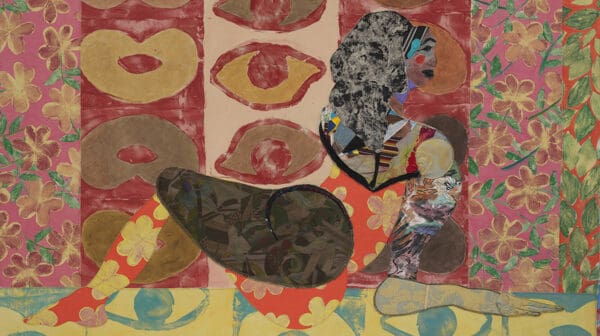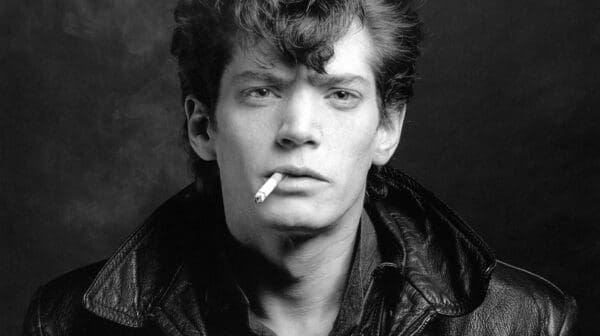Sound, public spaces, collaboration and inclusivity are common hallmarks of the separate artworks created by Julian Day and Sasha Grbich, the two recipients of the 2018 Anne & Gordon Samstag International Visual Arts Scholarship from the University of South Australia.
Each scholarship includes a 12-month living allowance of $61,000AUD, as well as travel expenses and the cost of institutional study fees at a leading international art school of their choice. Both Day and Grbich are examining their study options from a wish-list of schools, pending acceptance of their applications.
When Art Guide speaks via Skype to the Bendigo-born, Sydney-based Day, he is seated with his laptop in one of New York’s busiest subways.
It’s 9.30pm and he is attuned to the thrum of commuters dashing about, even at this late hour, and a saxophonist playing his instrument down the corridor. “People are forced to come together here and interact in heightened ways,” Day enthuses.
Ten years ago, when Day, a classically trained musician, began Super Critical Mass his ongoing collaborative project with the public, he was drawn to rich, reverberant cathedral-like spaces. Today, he is much more interested in “socially challenging” spaces. “There’s something ‘of the world’ in places like here,” he remarks of the subway.
Day, who has already begun a 12-month exploration of the USA, may yet enrol in a good sound studies program in New York, or even London or Berlin. His main current collaborator is fellow sonic artist Luke Jaaniste. Their work Moving Collective Ambience, 2014, created complex sound works that could be performed by anyone.
“There’s no written score; it’s a verbally communicated work,” Day explains. “People simply use their instructions as directions about how they will relate to other people. It becomes this study of how people’s attention shifts. At times, it’s this general, non-directional hum, and at other times, it’s very overt: this choir of 50 voices or more singing these abstract, general gestures together.”
Does he mind if participants are tone deaf? Day laughs. “The way I would put it is we are using what people bring to the exchange as the starting point for the material. So, if I had 10 people join me, and what all those 10 people can do best is to click their fingers, that would then generate the work.”
The other 2018 Samstag scholarship winner, Melbourne-raised, Adelaide-based artist Sasha Grbich, is hoping to study in Norway. Her work Very Local Radio, 2014-2015, involved her pushing a trolley loaded with sound gear and an internet transmitter, speaking to groups of kids, retirees and people experiencing homelessness.
Grbich’s most recent big work was Small Measures. Made first in Port Adelaide and then in Auckland, it brought together groups of singers, and in New Zealand Maori landowners.
“I work with appropriate people to find land and areas around the city that are under pressure, or contested land, and then explore that with people who have an engagement with those places. I ask them to find a note in response to that place, and record that,” she explains. “In a two-channel video, I mix the different notes and different places, and I get this very beautiful, sometimes harmonious, sometimes discordant, movement of people through voices.”
As an artist, Grbich, a former ABC radio producer, is less interested in hearing herself speak than in highlighting the voices of other groups. “That’s absolutely pivotal in my practice: this idea that my own authority is not particularly important. Historically, the voice of the artist has been given a lot of power, and my role as an artist is to provide a space for other voices and to listen and to encounter other things that I don’t expect, and to be surprised.”
The two 2018 Samstag scholarship recipients, incidentally, have yet to meet. “Looking at Sasha’s work online, it did occur to me we have similar interests,” says Day. “The use of social interaction and trying to understand how people’s relationships shift and change, and power dynamics depending on where you are. We’re probably due to have a good catch up and listen.” Perhaps Day and Grbich might collaborate on a project at some point? “Maybe. This could be the beginning of one.”
